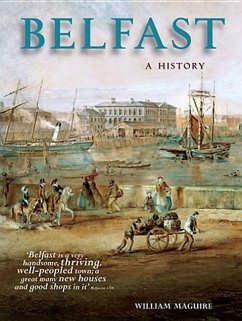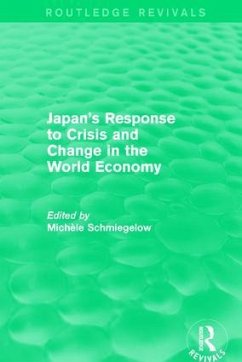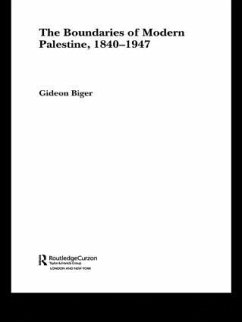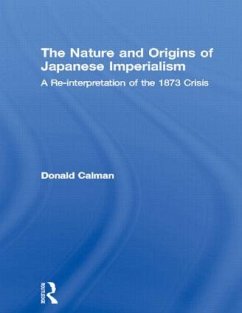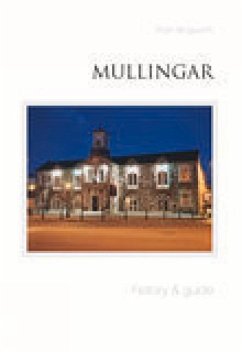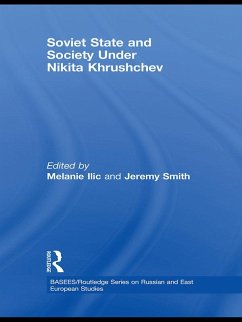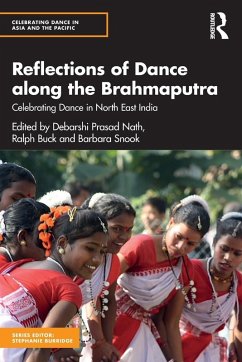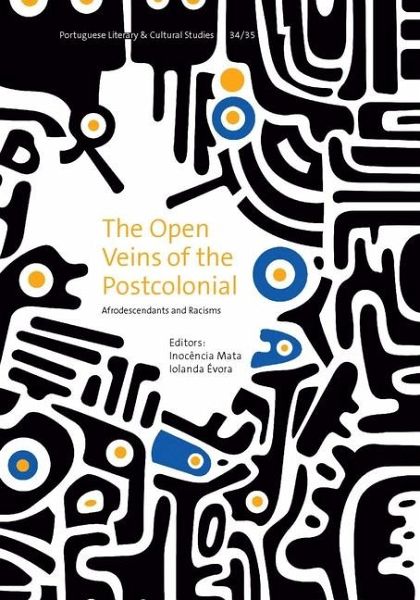
The Open Veins of the Postcolonial
Afrodescendants and Racisms Volume 34
Herausgeber: Mata, Inocência; Évora, Iolanda
Versandkostenfrei!
Versandfertig in über 4 Wochen
26,99 €
inkl. MwSt.

PAYBACK Punkte
13 °P sammeln!
Making an obvious reference to Eduardo Galeano's Open Veins of Latin America, this volume proves that the veins of the postcolonial remain open, having prolonged and reproduced themselves over the course of decades. "The Open Veins of the Postcolonial" traces the emergence of epistemological categories and offers thematic analyses of racial and ethnic differences, as well as those arising from sociability, representations, and sociopolitical and cultural dynamics. This volume likewise unmasks the naturalizing discourse of the ideology of subalternity and institutionalized discrimination throug...
Making an obvious reference to Eduardo Galeano's Open Veins of Latin America, this volume proves that the veins of the postcolonial remain open, having prolonged and reproduced themselves over the course of decades. "The Open Veins of the Postcolonial" traces the emergence of epistemological categories and offers thematic analyses of racial and ethnic differences, as well as those arising from sociability, representations, and sociopolitical and cultural dynamics. This volume likewise unmasks the naturalizing discourse of the ideology of subalternity and institutionalized discrimination through various "beliefs" and tacit practices; discusses how to articulate the place of belonging with ethno-racial identity in the twenty-first century; and contributes to the broad discussion initiated by the United Nations' declaration of the International Decade for People of African Descent, 2015-2024 (Resolution 68/237).




